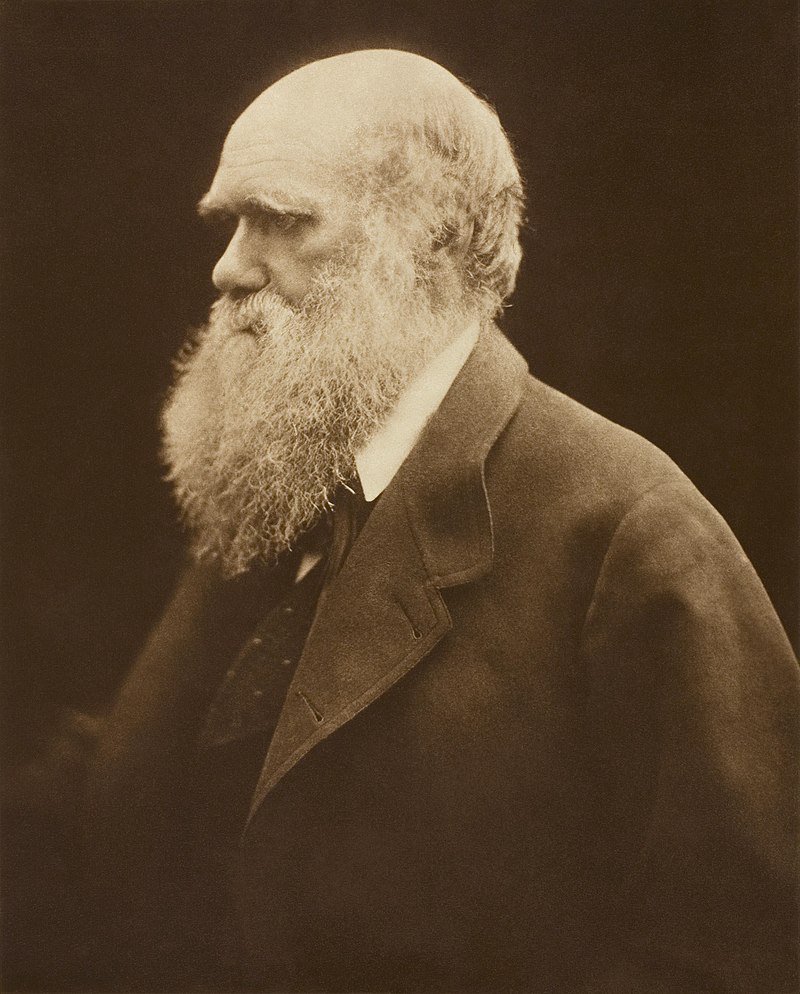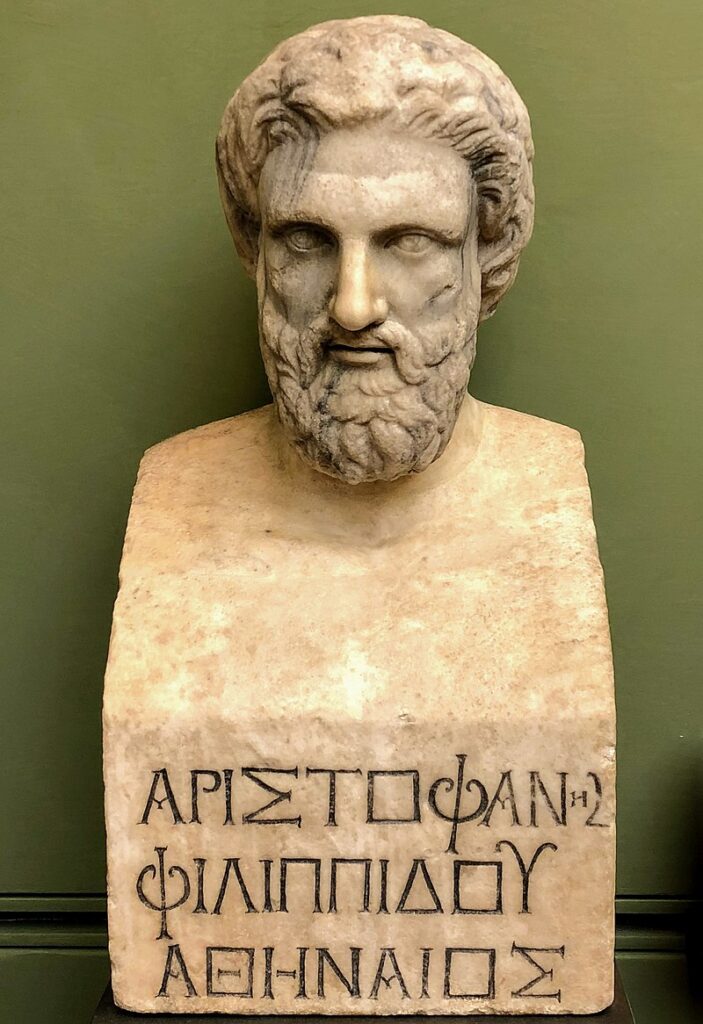By Chiara Sedola
What makes a life well lived is one of the key questions explored in Tolstoy’s The Death of Ivan Ilyich and a topic relevant to everyone. However, most characters do not give the matter any thought while alive, preferring to live according to social convention, which requires no contemplation whatsoever. This way of life is straightforward, although it is never enough for them. The highest good is what Tolstoy calls the “pleasant,” which revolves around self-gratification. It aims for status, ease, and, most importantly, independence from the “unpleasant” constraints on the self in the form of moral obligations to others. These characters abandon those closest to them when they hinder their egocentric goals, so, similar to their entire life, relationships between characters are shallow and inauthentic. But the text is opposed to a life that exchanges the pursuit of true happiness in connection with others with pursuing the egoistically framed pleasant. Unfortunately, the characters cannot reflect on their false way of living because death – the ultimate limit on the self – is incompatible with egocentric convention. Yet acknowledgement of death is necessary to evaluate one’s way of life because death means that one must choose how to spend their time as their life is finite. They avoid thinking of death like they avoid other types of unpleasantness – denial. As a result, most characters have no understanding of a meaningful life with connections to others. Only when a character faces mortality, an aspect of life in common with others, can they see an essential part of a meaningful life – compassion.
The socially conventional way to live is devoid of any consideration of morals and characterized by professional and social advancement and vain materialism. From the beginning, Ivan Ilyich exemplifies this perfectly proper life, which is also “the simplest, the most ordinary, and the most terrible” (Tolstoy 27). His indoctrination into a life of social convention begins while he is at school. The narrator tells the reader that:
[Ivan Ilyich] had done things at school which at the time seemed extremely nasty to him, and made him feel disgusted with himself when he did them, but later, seeing that such things were done by men of high standing as well and that they did not consider them wrong, he did not exactly accept them as right, but he completely forgot about them and was not upset in the least when he did remember them. (28)
Ivan Ilyich’s education dulls his conscience and provides a standard of conduct based not on virtue but on imitation. To be more precise, imitation of those with higher social standing – an arbitrary ideal that Ivan Ilyich chases incessantly through prestigious promotions and their accompanying salary increases (35, 39). Of course, no matter what his salary, Ivan Ilyich spends it all, and more, by hosting dinner parties with eminent socialites and keeping up appearances. Ivan Ilyich’s preoccupation with adorning his house with “decorations [that] were essentially the same as those of all people who are not really rich, but who want to resemble rich people, and therefore only resemble one another” exemplifies his obsession with pretense (39). Ironically, all the effort Ivan Ilyich puts into impressing society and flaunting his propriety is in vain, for although “all of it seemed special to him,” his house is interchangeable with any other and thus “didn’t even merit attention” (39). Further, the approval of society is ultimately what Ivan Ilyich dies for – he fatally injures himself while hanging some drapery (38-9). The socially proper way to live encourages a kind of moral death by replacing ethical principles with conformity to the majority’s opinion, which is ethically arbitrary.
At the root of social convention is a devotion to egoism, which expresses itself in pursuing the pleasant and avoiding the unpleasant. The pleasant is defined as whatever is pleasurable, specifically “sensuality and vanity” as long as it falls “within certain limits” approved by society (28). On the other hand, unpleasantness is anything, or anyone, that presents an obstacle to pleasure or propriety. Any constraints on the freedom of the self to do what it pleases is seen as intolerable. As we will see, this includes obligations to others, even close friends and family members.
Living strictly according to self-interest eliminates the possibility of any genuine relationship with others. Most of the characters believe that other people should make their life more pleasant by helping them climb the social ladder or making their lives more comfortable. They are so focused on themselves that they do not see other people as fellow individuals with their own wants and needs, but as tools whose usefulness comes and goes. This falsity is evident from the opening page when Ivan Ilyich’s “closest friends” learn of his death. Although “they had all liked him,” instead of expressing grief or sorrow at the loss of their friend, “the first thoughts of the gentlemen gathered there concerned the consequences of that death for the transfer or promotion of the gentlemen themselves and their acquaintances” (19). Because there was never any genuine connection, they feel no loss themselves. On the contrary, they focus on themselves and what they can gain from Ivan Ilyich’s loss.
The reader can also see this lack of authentic love and care in the case of Ivan Ilyich’s marriage to Praskovya Fyodorovna. He believes that his marriage will “enhance” the quality of his life, which is already “easygoing, pleasant, cheerful, always proper and approved of by society” (32). Unfortunately, he is so focused on what he can gain that he does not think of the mutual commitments of marriage. So, when Praskovya Fyodorovna begins to “disturb” this state at the beginning of her first pregnancy by demanding that Ivan Ilyich act on those commitments, he sees it as “new, unexpected, unpleasant, oppressive, and improper” (32). That she would experience changes in mood and need more support at this time does not seem unreasonable. But Ivan Ilyich does not see others, even his wife, as individuals with needs equal to his own. He believes that his requirements should always come first. Because of this, he cannot understand her needs or sympathize with her pain. In general, the characters believe the happiness of others should not come at their own expense. When others break this rule, they become a hostile source of confinement that one must escape.
Oddly enough, Ivan Ilyich has a strong sense of obligation, but he directs it to society, not other individuals. Though he is “strict in carrying out everything he considered his duty . . . he considered his duty to be everything the highest-ranking men considered his duty” (28). He misplaces his desire for societal approval for his wider responsibility to others, as seen in his family life. Instead of bearing hardships with his family, “his goal was to free himself more and more from all this unpleasantness and make it seem harmless and proper; he achieved this by spending less and less time with his family” (34). He avoids his family during a time of illness because his duty to convention supplants his responsibility to them (33). Furthermore, unpleasantness and loss of independence go hand in hand for Ivan Ilyich. When there are demands made of him, even if they are reasonable, he is quick to deny that these constraints exist by “adopt[ing] a definite attitude” to avoid the unpleasantness (33). One might term this attitude denial. For example, to “protect himself from [the] infringements” of family life, where he was “expected to sympathize, but of which he understood nothing,” he would throw himself into his work and “find pleasure there” (29-30). He refuses to address the needs of others, even those he has a familial obligation to because he sees them as oppressive. Yet distracting himself from the fact that he is not the only one who suffers further estranges him from a vital truth: some aspects of life are unavoidable.
One of these aspects is death, the thought of which must always be avoided lest the characters’ entire worldview come crashing down around them. In those moments where thoughts of their own death do creep into their minds, they quickly deny it. After hearing about his friend’s suffering and death, Pyotr Ivanovich experiences a sudden attack of terror. But it does not last since “the usual thought came to his aid: that it had happened to Ivan Ilyich, and not to him, and that it shouldn’t and couldn’t happen to him” (25). The characters do not want to think of death as something that will happen to them, so they redirect it to others. After calming himself, Pyotr Ivanovich continues the conversation about Ivan Ilyich’s death, “as though death was an experience relevant only to Ivan Ilyich, not at all relevant to him” (25). He sees himself as fundamentally different from Ivan Ilyich, and this orientation to others allows him to avoid the contemplation of his death. They delude themselves by recoiling from the inescapable truth that everyone must die one day. This lie is the foundation for all society’s egoistic conventions and false way of life.
The contemplation of life, of which other people are a vital part, and death are connected in a way that gives each other meaning. Whether denial of another person’s suffering or the fact that death is inevitable, the lie is “all a terrible, tremendous deception concealing both life and death” (72). Accepting that one’s life will end means there is an urgency in finding how to live right and the possibility of wasting one’s life by living in the wrong way. By denying this fundamental truth, these characters succeed in living properly but fail to live well. Ivan Ilyich only begins to consider that he might not have lived a good life while dying of an incurable illness. He thinks to himself: “In society’s opinion I was walking uphill, but the farther I climbed, the more life was slipping out from under me” (68). Evidently, the proper way of life is not a good way of life. Unfortunately, Ivan Ilyich, confined by convention, denies this truth until his death.
The way Ivan Ilyich dies suggests that the questions “What should I die for?” and “What should I live for?” are entwined and inseverable. As mentioned earlier, Ivan Ilyich receives his mortal wound when he slips from a curtain rod and hits his side on a window latch because the upholsterer could not understand how he wanted the curtains hung (38-9). In other words, Ivan Ilyich dies trying to impress those around him with material trifles that signify his devotion to society’s approval because of a lack of understanding between fellow individuals. It seems he dies for the pleasant, which is what he lives for. But perhaps this is too harsh of a judgement, after all, it is the acknowledgement of others that frees him from the living death of egoism. When his son Vanya feels compassion for him or “pity” as Tolstoy calls it, Ivan Ilyich finally accepts that though “his life was not what it should have been . . . [but] it could still be made right” (74). Ivan Ilyich makes it right by dying for others, which is what he should have been living for all along: “He felt sorry for them, [his family], and felt he had to do something to end their pain – to relieve them and himself from this suffering” (75). Only by dying for others is Ivan Ilyich relieved from physical pain and mental anguish. By feeling pity for the suffering of others and relinquishing the justification of his egocentric life, he frees himself from a living death devoid of compassion.
Though most characters’ orientations to death and others stem from socially encouraged egoism, Gerasim is the exception to the rule and hints at what comprises a good life. While Gerasim takes out Ivan Ilyich’s chamber pot because he is too ill to do it himself, Ivan Ilyich says to him: “’ This must be unpleasant for you. Forgive me. I can’t help it.’ ‘There’s no need, sir . . . why shouldn’t I be of service?’” (57). Instead of being egoistic, Gerasim is altruistic. As a result, he can show compassion to others. He sees that there are higher values than pursuing the pleasant and avoiding the unpleasant, so he does not see helping another person in a time of need as a constraint. Further, while Ivan Ilyich’s family denied he was dying, “Gerasim understood what was happening and did not consider it necessary to hide it, but simply felt sorry for the emancipated, frail gentleman” (59). There is no need for denial or falsity, so Gerasim accepts that Ivan Ilyich’s death is unavoidable and does not blame him. Gerasim accepts his own death as well. He simply says, “It’s God’s will. We’ll all be there someday” (27). By acknowledging death as inevitable and universal, Gerasim does not fear death. Instead, he can feel pity and care for others because he identifies with them through their shared mortality, and this fills him with a “beaming joy of life” unseen in the characters chained by egoism (54). Since Gerasim is altruistic instead of egoistic, neither others nor death are seen as constraints that must be avoided. They are both understood and are aspects of a life well-lived.
The characters’ orientations to death relate to how they approach life since they both stem from their orientations to what is unpleasant. If a character sees the needs of others as unpleasant and avoidable, they will do everything they can to deny their suffering. They also try to deny the inevitability of their death and, as a result, fail to consider if they are living their lives in the right way. They believe that living for themselves frees them from constraints, but in doing so, they fall into other traps, such as a lack of any real connection to others and a fear of death. Despite their care for the propriety of everyday life dictated by others in society, most characters go through their day without caring to understand others as living and dying individuals like themselves. But by learning what truly matters in life, such as compassion and authenticity, their orientations to others and death shift. Altruism replaces egoism, and attentiveness to death is no longer a terrifying oppression but a liberation from fear of death.
Work Cited
Tolstoy, Leo. The Death of Ivan Ilyich and Other Stories. Translated by Kirsten Lodge, Broadview, 2017.



